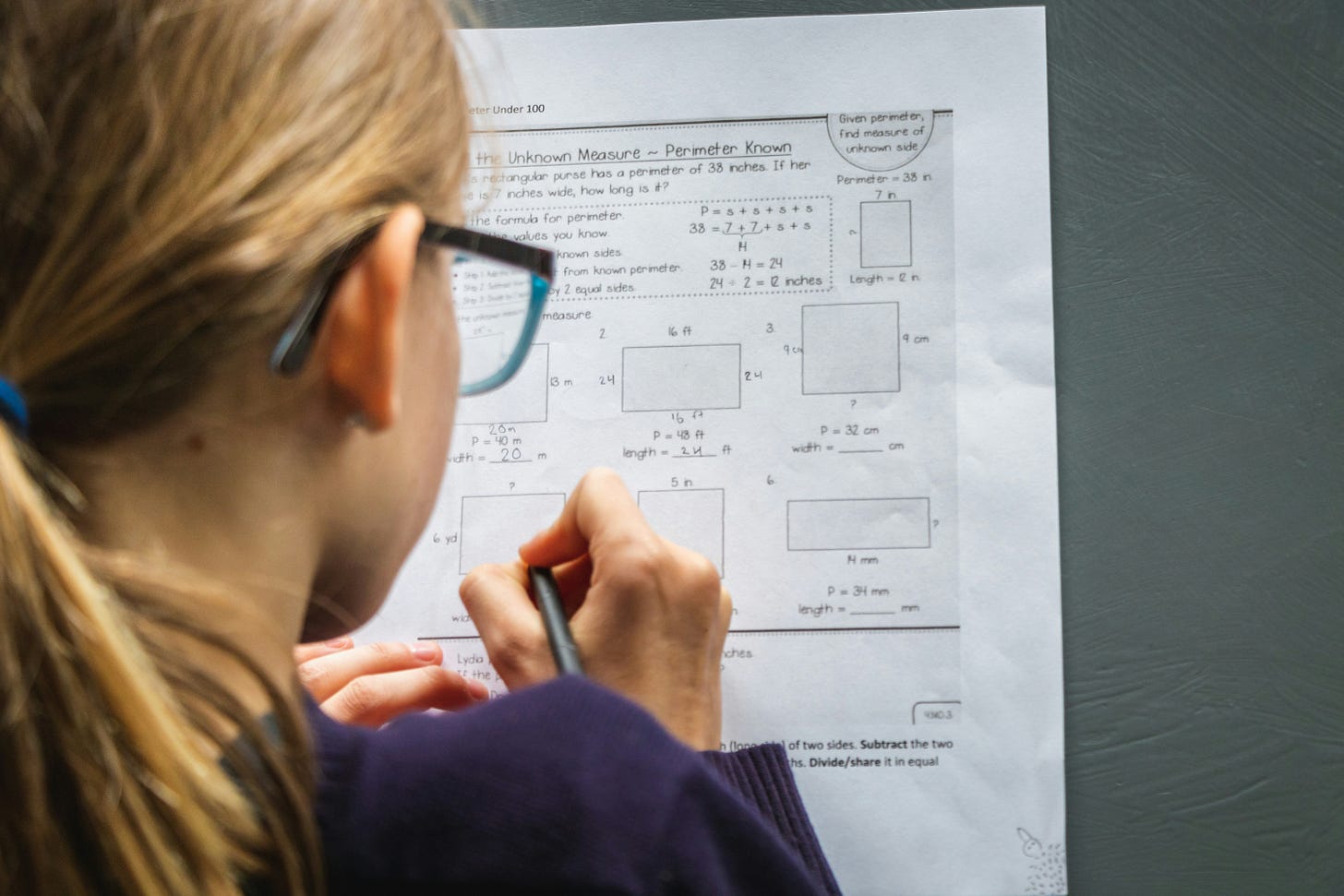We’ve been doing a lot of podcasts this week and a topic that keeps coming up is the Achiever Conundrum—the frustrating reality that something we all want for our kids—a strong work ethic and taking pride in what they do—can harm them.
As you might remember, Achiever Mode is when teens are knocking it out of the park: nailing the grades, piling on the extracurriculars, often laser focused on elite colleges. Parents and teachers typically love when kids are in this mode because all those achievements reflect well on them. While plenty of kids operate in healthy Achiever Mode, a shockingly high number are stuck in unhappy Achiever Mode, at risk of burnout. In The Disengaged Teen we write at length about one well-designed longitudinal study from 2013. This study showed that unhappy achievers had the greatest increase in depressive symptoms over the time of the study. They were even more depressed than those who were totally disengaged from learning. In 2019 a study by the National Academies of Sciences, Engineering and Medicine added kids in “high achieving schools” to their list of “at-risk” groups, along with kids living in poverty and foster care, recent immigrants and those with incarcerated parents (the culprit was the pressure, not the schools themselves).
Kids who spend too much time in Achiever Mode, without any buffering from parents, often become fragile learners. They tie their self-worth to their academic (or sporting, or musical) achievements, and because they don’t want to fall from their perch, they don’t take any risks. If your goal is to get 100 on all tests, this may not be a bad strategy. If your goal is to take some risks to figure out who you are and what you care about, needing to be right can be an albatross.
In the book we tell the story of Amina, a radiant, talkative, funny 20-year old Nigerian American at a top Ivy League school. Amina was that kid in her Atlanta private school: straight-A student. Student council president. Mock trial president. Athlete (soccer, rowing, basketball). Checkout worker at Chick-fil-A. Member of the CoderSchool, an after-school program to build coding and character skills. Volunteer for a church community serving HIV+ individuals and a nonprofit that helps low-income immigrant families settle (fourteen hours short of the Presidential Service Award, which requires one hundred hours). We neither made this up nor are we exaggerating.
By her account, she loved it. “I love praise. I loved being praised. I loved being complimented. So I really loved being called out by my teachers for being so smart, for being so diligent,” she tells us, speaking at approximately twice the pace of other people her age. Amina loves being a winner.
But while high school wasn’t that hard for her, college was. There were a lot of other smart people, and classes were significantly harder. She was majoring in computer science and struggled mightily with the math. Homework assignments took way longer than they used to. Classes covered way more content. She started to check out because she felt so at sea with new feelings of uncertainty and self-doubt. When she started to flail, she panicked. She had no resilience and did not know what it was like to struggle in learning.
By sophomore year she was close to failing out. Teachers were reaching out to her. Her parents were in the dark. Amina was sleeping a lot and partying plenty. She was well programmed for hard work but had never contended with real struggle and failure, so had no understanding of it and no skills for coping with it. “I didn’t know what to do,” she says. “And I didn’t want to seek help. Because it felt like I was admitting that I had a problem, and smart kids don’t have problems.”
I know Achiever Mode very well. I spent a lot of time here as a student and have one kid who spends a lot of time in this mode. People heap praise on her—the diligence! The grades! The outcomes! But I worry she doesn’t get enough sleep and she’s tying too much of her identity to her performance in multiple arenas. My work with her is not to push her harder, but help her take her foot off the accelerator.
Here are a few key things I do:
Make her sleep. As Lisa Damour says, “Sleep is the glue that holds us together.” I make her go to bed at 10 every night. It’s a struggle: she wants to stay up and work more. But I am communicating to her that I care about her sleep more than her grades. Her wellbeing, not her gold stars, is my top priority.
I try to help her take small risks in her learning. I’ve encouraged her to write about the interesting topic and not the easy one—and assured her I did not care about the fact that the grade might be lower. I suggested she ditch Mandarin for an easier class because her workload is already nuts. I discouraged joining an additional travel team (for sports) that would have meant our family was literally never actually together. I often entice her to watch TV with me, especially if she looks mega stressed.
I play the long game. I focus on her long-term growth as a person and not short term outcomes on a test. What I want for her when she goes to college, gets a job, has a life away from me, is that she knows how to take care of herself: to sleep and eat well, to work hard, but also have balance. I remind her that the world doesn’t love her for her grades; they love her for her work ethic and for the person she is—a great friend and daughter, sister, cousin, neighbor, granddaughter. There’s a world of difference there.
As for Amina, well, if you want to know what happened to her, read the book.


